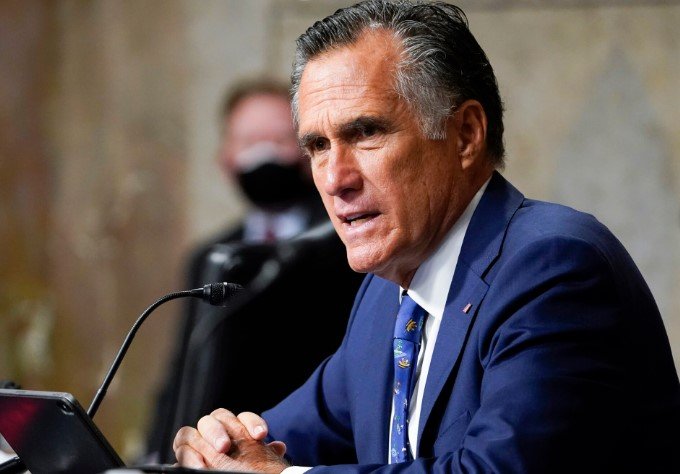In a state where public lands dominate the landscape, the candidates vying for Utah’s 2nd Congressional District are diving headfirst into the contentious issue of federal land management. During a recent debate at Utah Tech University, incumbent Republican Rep. Celeste Maloy and Democratic challenger Nathaniel Woodward tackled the question of whether the federal government should relinquish control of certain lands to the state. With a lawsuit against the federal government already in motion, the stakes are high.
The Land at Stake: A Closer Look
Utah’s 2nd District is home to a staggering amount of public land, with nearly 34% of the state classified as unappropriated land. This includes vast stretches of the west desert, which are crucial to the local economy and culture. The ongoing lawsuit, initiated by the state, challenges the Bureau of Land Management’s authority over these lands, questioning if the federal government can hold onto them indefinitely without formal designation.
- Key Points of the Lawsuit:
- Aims to clarify the federal government’s control over unappropriated land.
- Excludes national parks, monuments, and forests from the discussion.
- Seeks a ruling from the U.S. Supreme Court on the constitutionality of federal land retention.
Maloy expressed strong support for the lawsuit, emphasizing the need for clarity on federal land policies. She argued that Utah is not alone in seeking answers about the federal government’s role in land management. Woodward, while open to the idea of land transfer, voiced concerns about the motivations behind the lawsuit, suggesting that it may be driven by developers rather than the interests of local residents.

Campaign Strategies: Public Relations and Messaging
As the debate heats up, the state has launched a public relations campaign dubbed “Stand for our Land.” This initiative aims to inform Utah residents about the lawsuit and its implications through various media channels, including billboards and advertisements. Both candidates acknowledged the importance of public awareness but had differing views on the campaign’s execution.
- Woodward’s Concerns:
- Questions the use of taxpayer dollars for what he perceives as a biased campaign.
- Advocates for a more neutral approach to inform the public.
- Maloy’s Support:
- Calls the campaign a wise move to engage residents.
- Believes it is essential for citizens to understand the state’s actions beyond headlines.
The contrasting perspectives highlight the candidates’ differing approaches to governance and public engagement. While Maloy sees the campaign as a necessary tool for transparency, Woodward worries about the potential for manipulation of public opinion.
Broader Issues: Foreign Policy and Social Concerns
The debate didn’t stop at land management; candidates also tackled pressing national issues, including U.S. involvement in international conflicts and abortion rights. Both candidates expressed their views on the ongoing wars in Israel and Ukraine, recognizing the complexities involved.
- Woodward’s Take on Israel:
- Emphasizes the need for scrutiny regarding civilian casualties.
- Calls for a balanced approach to U.S. support.
- Maloy’s Position:
- Stresses the importance of supporting Israel as a key ally.
- Advocates for continued military aid while demanding transparency in funding.
On the topic of abortion, the candidates presented starkly different viewpoints. Maloy expressed her support for strict state laws, while Woodward emphasized the need for a civil dialogue around women’s rights, reflecting a more progressive stance.
The Road Ahead: What’s Next for Utah’s 2nd District?
As the election approaches, the candidates are gearing up for a battle not just over land, but over the very values that define Utah’s 2nd District. With public lands at the forefront of their campaigns, both Maloy and Woodward are keenly aware that their positions could sway voters in a district where the landscape is as much a part of the identity as the people themselves.
The debate over federal land control is likely to intensify, with both candidates preparing to address the concerns of their constituents. As they navigate these complex issues, the outcome of this election could set a precedent for how public lands are managed in Utah and beyond.

Comments